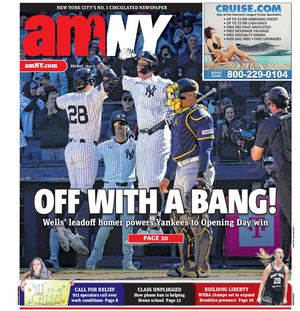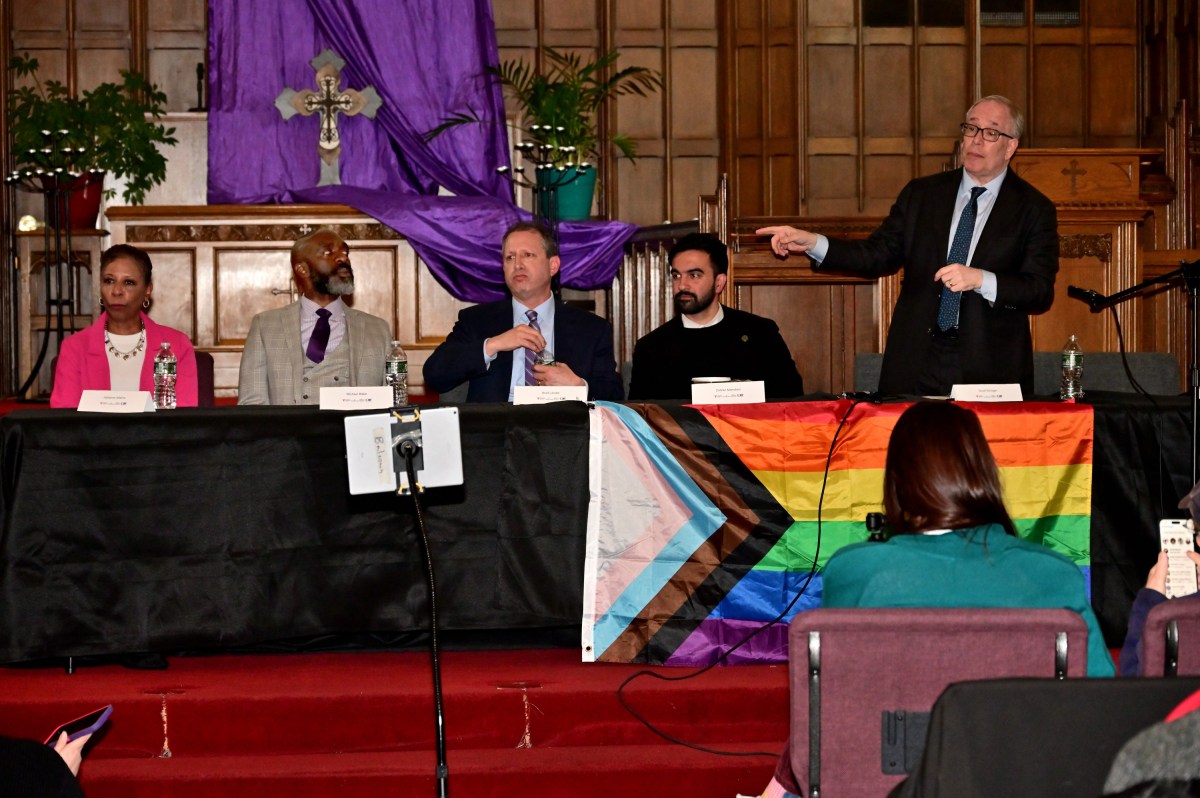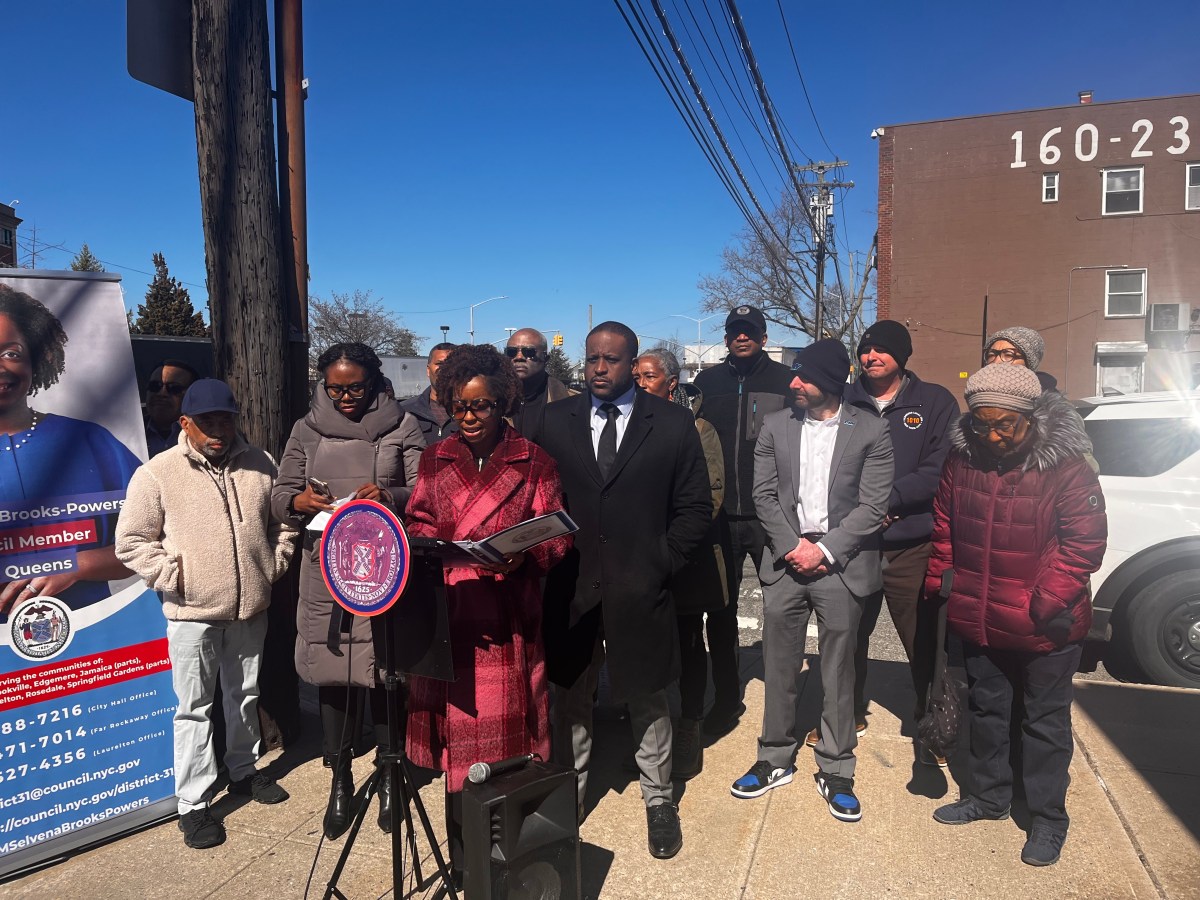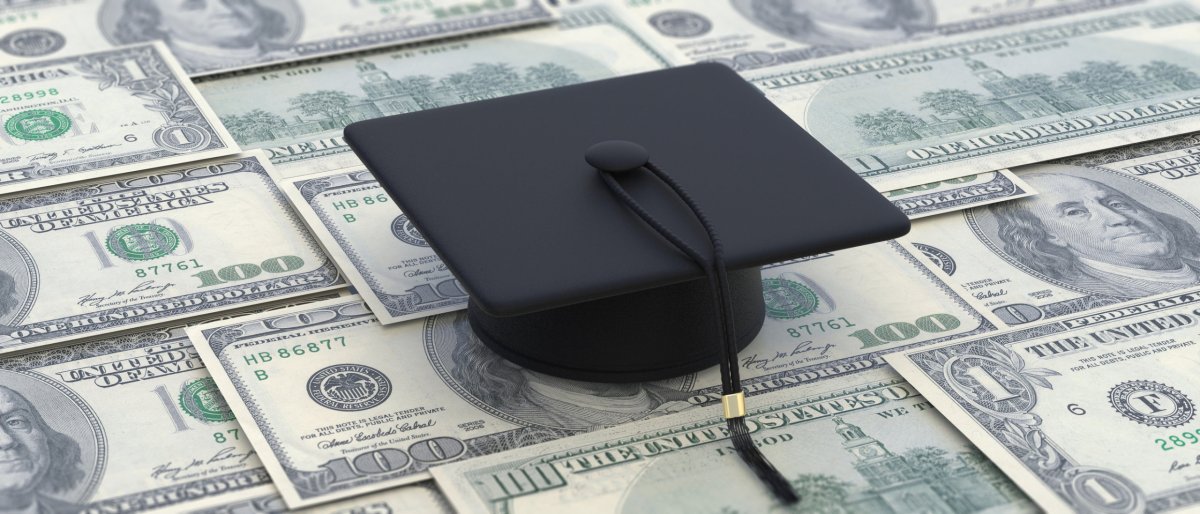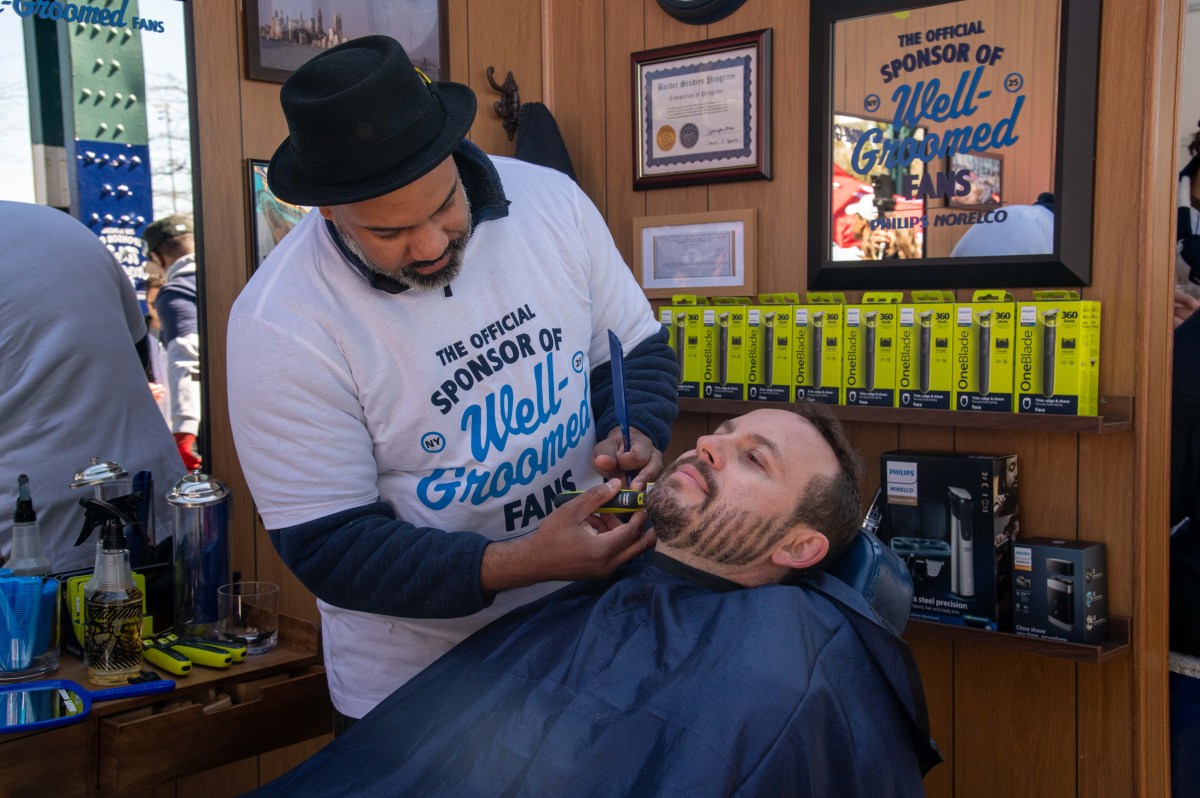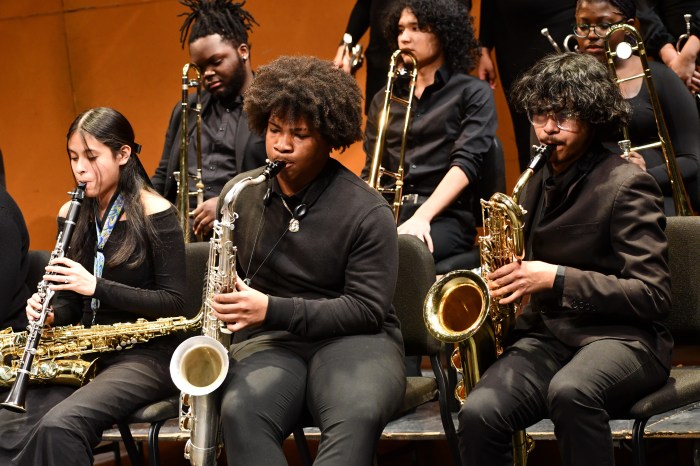As various New York political campaigns kick into gear, it may have dawned on you that you don’t know when primary elections will be held in New York State this year. It’s not you. There are two.
On June 26, New Yorkers will vote in federal primaries. Contests for governor and State Legislature will take place Sept. 13.
More benevolent states do not inflict this confusion upon their people. It’s a big waste of money — combining the primaries would save some $25 million, according to a State Senate estimate. Holding two primaries can dampen turnout. Plus, the September day has in modern history been bad luck for the calendars. As will happen this year, the designated Tuesday falls on Sept. 11 and Rosh Hashanah, resulting in a date change.
Fair enough, you might say, the answer should be simple. States are responsible for setting their own dates for primaries. So let’s just agree on a day and change it.
This, unfortunately, is where things get complicated.
New York State’s federal primary date has been chosen by a federal judge since 2012 because the state was out of compliance with federal law protecting the rights of servicemembers and internationally-based Americans. That legislation mandates that such difficult-to-reach voters get their ballots at least 45 days before an election to make sure the ballots make it back and are counted in time. With a September primary and November election, that doesn’t work. (Voting by email would naturally speed up the process, but security concerns have prevented that from becoming a reality.)
The vast majority of New York voters vote in the homeland. In the 2016 general election, overall turnout was nearly 8 million. That includes only 43,760 ballots received on time from military overseas addresses, military U.S. addresses, and civilians overseas (in NY, civilians make up a majority of that number). But the point is that even one disenfranchised voter is one too many. As Judge Gary Sharpe wrote in his scathing 2012 ruling, “It is unconscionable to send men and women overseas to preserve our democracy while simultaneously disenfranchising them while they are gone.”
To rectify the situation, Sharpe mandated that non-presidential federal primaries in New York take place in June, but he wrote that the state could pick its own date as long as it didn’t potentially disenfranchise anyone.
Easy, you say. Just find a date before September, and toss all the primaries on that day.
The problem is that Democrats generally have one idea for when that date should be, and Republicans have an entirely different one. Both sides generally agree that primaries should all be the same day, not least of which because of the cost. But many Democrats tend to support that single day being in June, while many Republicans have suggested August.
There are innumerable (and often confounding) ways you can argue that one date is better. If you pick late summer, candidates have plenty of time for campaigning and politicking after the crucial business of the legislative session ends in June.
On the other hand: going with a June primary might encourage more voter turnout, if you assume fewer people are on vacation in June because the public school year is still in session.
If you get really cynical, you could argue that Republicans, who often do better in New York when turnout is lower, might actually be looking to keep a later date for low turnout. And Democrats, who often win with expanded voter bases, might be bandying about the idea of increased democracy partially as a way to pick up more seats.
“I’m smiling when you say that,” says Republican State Sen. Fred Akshar of Binghamton when presented with the vacation argument about lower turnout. He doesn’t buy it. Akshar, the chair of the Senate elections committee, has a bill that proposes moving primaries to August. He says a later date is necessary to avoid mixing politics with state budget business, and also that people on vacation can ask for and submit absentee ballots, if they do happen to be away.
His bill passed the Senate last year and he says he’s had conversations with colleagues across the aisle about coming to a necessary compromise. But these battle lines have been drawn and held for years — which doesn’t surprise Neal Rosenstein of the New York Public Interest Research Group, a good government organization. Rosenstein notes that the system “favors entrenched politicians.”
Certainly entrenched politicians who would have to change the dates are finding it difficult to come to a compromise. During Akshar’s time in the Senate, he admits, “both sides have been dug in.”
